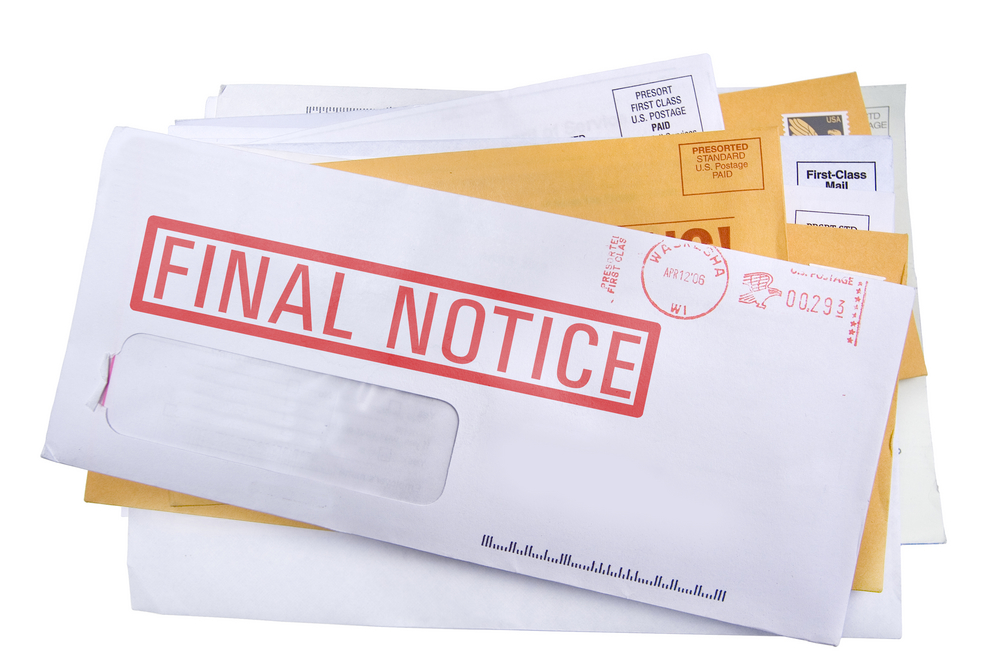Nonjudicial Foreclosure - What Are the Problems With This Type of Foreclosure?

When it comes to nonjudicial foreclosure proceedings, there are two types that we typically hear of. One is judicial foreclosure and the other is nonjudicial foreclosure. Nonjudicial means that the lending institution does not go through a formal process of going to court and having a judge declare that they have the right to take the property. This is a much faster process and usually leads to an earlier commencement date.
The first type of nonjudicial foreclosure is called a compulsory foreclosure. This process works exactly as it sounds. Lender puts the notice on the door and instructs the person to vacate the home. If they do not, then the lender will file a lawsuit to have the foreclosure lawsuit started in court. In a civil suit, you can have your damages compensated for damages and attorney's fees.
If you find yourself in this situation, your best bet is to seek the advice of a foreclosure lawyer. They can tell you whether or not you qualify for judicial foreclosure. In nonjudicial foreclosure, the bank will just file a brief in the court denying your foreclosure request.
The second type of nonjudicial foreclosure is known as non-recourse foreclosure. This type of foreclosure allows you to stop the sheriff sale if you are not able to pay the loan on the date set by the court. The creditor is given only the right to seize the property if you cannot pay. If this happens, the foreclosure will go into full court trial and will be before a judge.
In nonjudicial foreclosure, you do not have to worry about putting up any type of defense against the lender. They are able to get their mortgage debt forgiven through the back door. Your best bet is to consult a foreclosure attorney if you are in this situation. This type of foreclosure is just one of the few that are available through the court system, making it more difficult to qualify. But there are some good points to this method of foreclosure.
One thing you will note is that the bank only pays the balance of your loan after one month has passed and after you have not made any payments. This is why you get an extra month to find alternative sources of income. Some foreclosure lawyers also say that this is one of the better methods of foreclosure because you are protected from the possibility of a 'junk debt' going to a collection agency. If this happens, the bank cannot attach your title because it is legally yours.
One downside to nonjudicial foreclosure is that there is no chance for a loan modification. You are not granted a new loan until the legal foreclosure process is complete. You then have to pay all legal fees as well as taxes and other expenses to the government in order to save your home. In addition, keep in mind that in this case, you will probably have to surrender your passport and other important documents as you go into the country. But if this is really your only option, you might want to try this method. It may not be the best way to stop foreclosure but it does give you some options at least.
It is important to note however that not all states allow nonjudicial foreclosure, so make sure to check with your local courthouse. There are also other methods of foreclosure, such as judicial foreclosure, so make sure you research thoroughly. This may be your best option in order to save your home from foreclosure.
Another downside to nonjudicial foreclosure is that the homeowner does not have much time to do anything before the sheriff takes over the house. The foreclosure clock is ticking, and the longer the homeowner delays in making payments on the property, the longer it will take for the bank to take control of the property. If you have decided to go with this option, then be sure to set up an appointment with the bank as soon as you can. Otherwise, it is highly likely that the bank will start foreclosure proceedings as soon as possible, and you will lose your home before they have the chance to complete any sale processes on your property.
If the bank is going to take over your home through nonjudicial foreclosure, then expect that you will have to deal with several problems. One of these problems is getting a copy of the deed to your home. Because you signed a promissory note when you bought your home, the lender owns your property as well, even though it is called nonjudicial foreclosure. This means that you cannot get a copy of the deed unless you can prove that you are the legal owner of the home. This is very difficult to do, and if you know that your home has been foreclosed on, then it may be worth your while to talk to a foreclosure lawyer to help you out.
Another problem that many homeowners run into is not being able to get any information about their mortgage history. If you are not sure what your mortgage type is, then you should ask the lender for this information. It is very important to make sure that you understand what your mortgage options are, especially if you want to save your home from foreclosure. You can learn more about your mortgage options by speaking to a foreclosure lawyer, but in general, foreclosure type homes are sold in either judicial or nonjudicial styles. If you want to find out your mortgage type, then your best bet is to speak to your lender. They should be able to tell you everything that you need to know.
